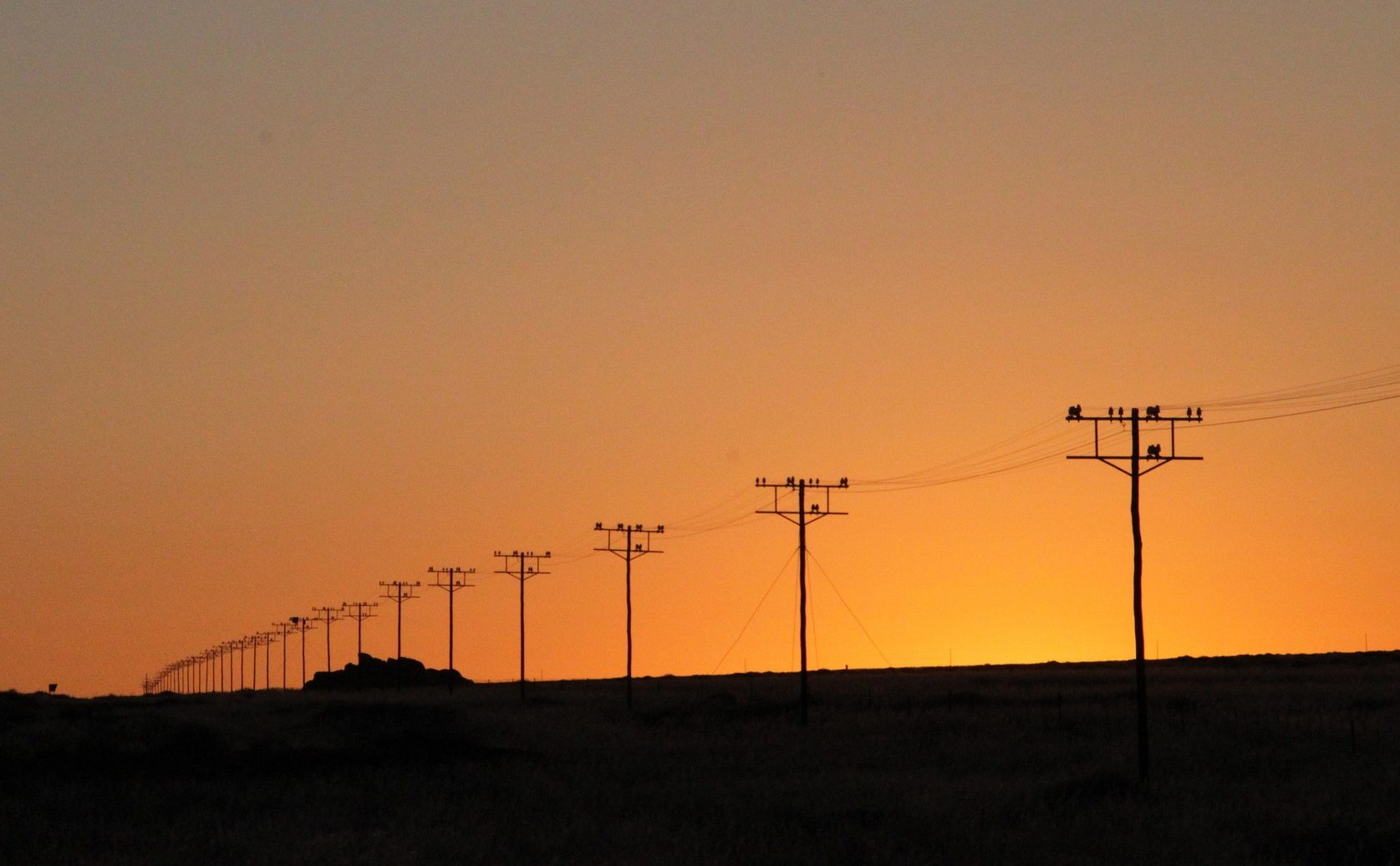
Residents will not see any increase in the protected prices of gas, electricity, and district heating throughout the year.Continue reading

Although the gap between Hungarian and European residential electricity and gas prices continued to narrow in January, Hungarian electricity and gas tariffs were still the lowest in the European Union, Világgazdaság reported, citing data from Finland’s VaasaETT. The narrowing of the gap is due to the fact that while domestic tariffs are fixed in Hungary, they more or less follow market prices in other countries on the continent, and market prices have fallen recently.
VaasaETT is commissioned by the Hungarian Energy and Utility Regulatory Office and Energie-Contor Austria to carry out a survey every month based on data from energy authorities and distribution companies in the countries covered by the study.
In January, gross residential electricity prices in the 27 EU countries stood at 30.72 euro cents per kilowatt hour and 28.66 euro cents per kilowatt hour respectively. The average EU price in December was 31.74 euro cents, while the whole European average for the 33 capitals was 29.38.
There is a huge difference between the tariffs in the various capitals, with Budapest, the cheapest in the EU, at 9 euro cents. The only city to have a lower gas price is Kiev, with 4 euro cents.
The EU and European average is more than three times that of Hungary, but even Zagreb, fourth on the EU list, is charged one and a half times the Budapest tariff, while the most expensive in Rome is more than seven times higher at 63.73 euro cents per kilowatt hour, Világgazdaság reported.
After Budapest, Belgrade, Podgorica, Valletta, and Zagreb have the lowest unit prices for electricity. Rome was the most expensive with Berlin, Copenhagen, and Dublin following.
VaasaETT lists nine capital cities in which gross residential prices have fallen, seven of them due to a fall in the market price of electricity. At the same time, households in ten capital cities still faced price increases, partly due to local energy prices, partly due to an increase in the distribution tariff, and in one place due to the abolition of the temporary VAT reduction.
The average gross residential price of natural gas was 14.34 euro cents in January, compared with 13.61 euro cents for the European average as a whole.
Hungarian prices were again the lowest in the EU, at 2.47 euro cents per kilowatt hour. For Europe as a whole, Kiev had the lowest gas price at 2.10 euro cents.
The price in Stockholm was particularly high, at 30.30 euro cents, around 12 times the price in Budapest. The reason is that in Sweden, the service is expensive on a per unit basis because the country is relatively small.
The biggest increase in the price of natural gas was in Poland, with VaasaETT showing a 28 percent rise in Warsaw, where the preferential VAT rate for both electricity and gas has been abolished. Overall, gas cost more for households in nine countries in January than in December and was cheaper in eight. Gas prices in the European market have been falling since last autumn, due to mild weather and government interventions.
Featured photo via Pixabay